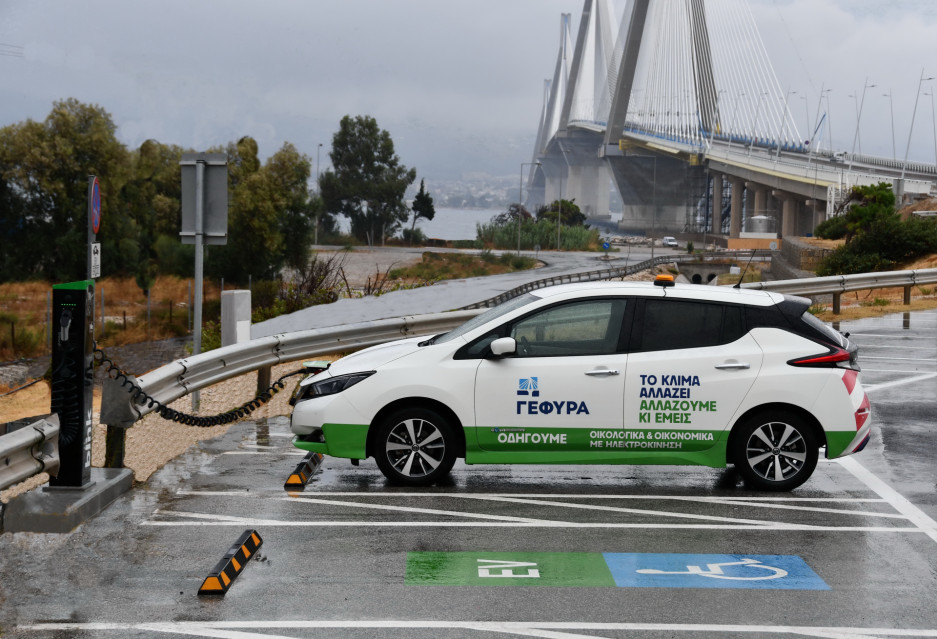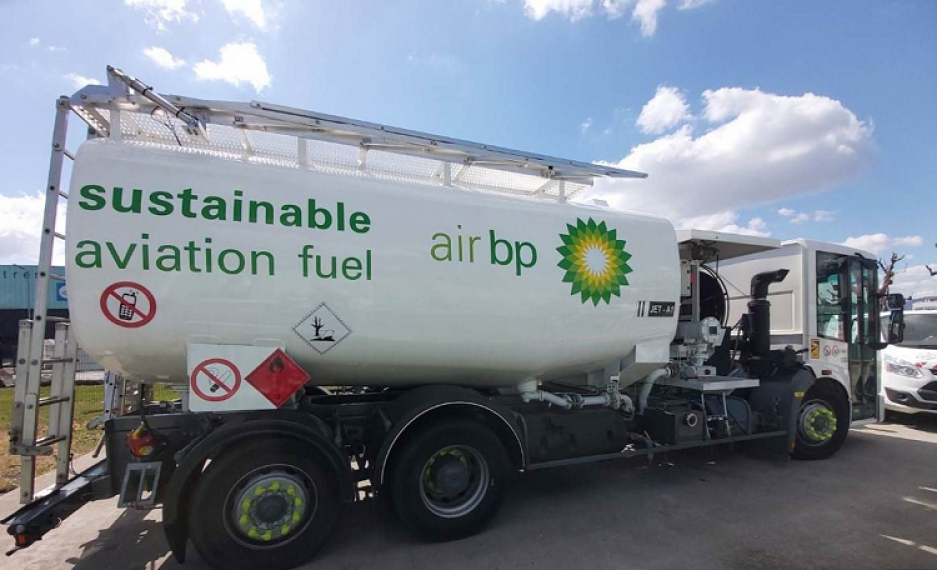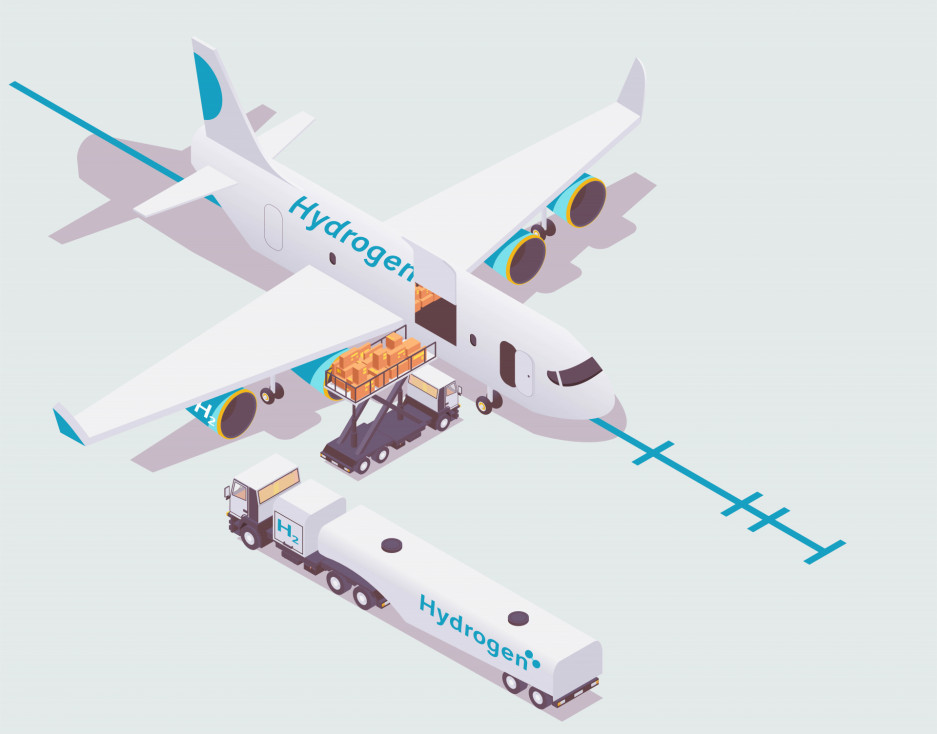
Positive Mobility
eMagScope 3: working with all our partners to identify solutions
The transport industry is responsible for 23% of global CO2 emissions: taking active measures to protect the environment is a strategic priority for VINCI Concessions, which aims to lead the way in terms of its direct emissions (scopes 1 and 2) with a target of net zero emissions by 2050.
However, VINCI Concessions wants to take things to the next level in its drive to decarbonise the mobility industry as a whole by helping its clients and partners to reduce their own emissions (scope 3).
We look at some of the concrete actions developed for and with our clients and partners.

Making journeys easier for clean vehicles
VINCI Highways is determined to increase the number of charging points on its infrastructure to help drivers make the switch to more sustainable energy.
One example is Peru, where it has installed the very first no-cost electrical charging station on Lima’s ring road. Another is Russia, where the M11 highway is now the first in the country to offer electric vehicle charging stations. Drivers in Greece can top up with electricity as well as natural gas, another first for the country. And in the United Kingdom, London Gatwick will become Britain’s first airport offering a charging hub for electric vehicles.

Promoting at-scale development of sustainable fuels and hydrogen
Clermont-Ferrand airport, managed by VINCI Airports, has supplied sustainable aviation fuel since April 2021. Michelin Air Services was the first customer for the fuel, produced from used cooking oil. Back in the UK again, Gatwick will become the very first airport in the VINCI Airports network to offer sustainable aviation fuel to carriers flying scheduled services.

Biofuels are one of the main planks of VINCI Concessions’ environmental strategy for decarbonising aviation. They offer a decisive short-term advantage as they can be adopted immediately, without waiting for new technologies such as hydrogen-powered aircraft
VINCI Airports is also actively involved with hydrogen technology. In partnership with Airbus and Air Liquide, Lyon-Saint Exupéry airport was chosen as the venue for initial testing to develop a station to produce and distribute green hydrogen fuel.

Encouraging the replacement of aircraft fleets
VINCI Airports is the world’s first airport operator to roll out variable landing fees that take account of aircraft CO2 emissions. Currently being implemented at various French airports, these landing fees are adjusted to reflect noise and CO2 . This new measure applies to all aircraft movements apart from military and medical flights, and in line with any specific local regulations. The idea is to encourage carriers to update their fleets, switching to aircraft types offering better environmental performance.

Offsetting residual emissions
The VINCI Concessions reforestation programmes make it possible to capture residual emissions from airports and highways while helping to protect biodiversity. The programmes also have a scope 3 impact as VINCI Airports encourages airlines to join in. In late 2021, for example, Volotea became the first carrier to sign up to the VINCI Airports forest carbon sinks programme.